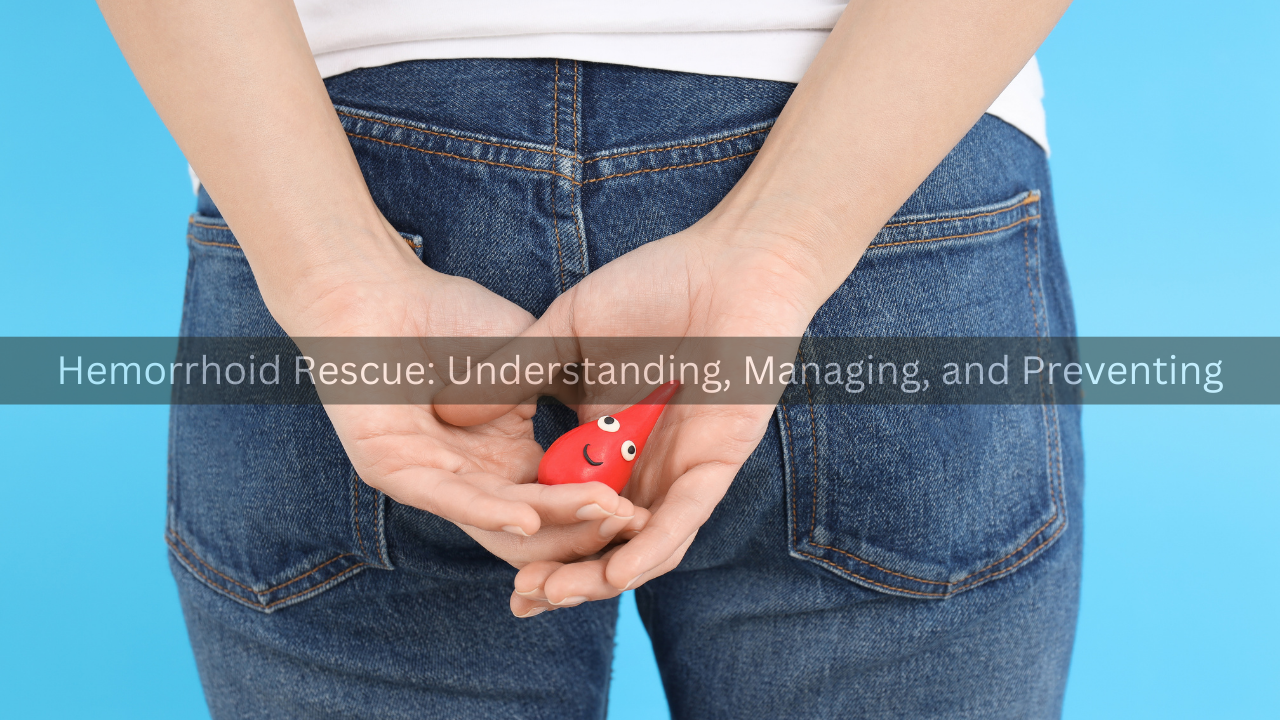It seems we can’t find what you’re looking for. Perhaps searching can help.

Hemorrhoid Rescue: Understanding, Managing, and Preventing
Gentle Solutions for Lasting Hemorrhoid Relief

Hemorrhoid Rescue: Understanding, Managing, and Preventing
Gentle Solutions for Lasting Hemorrhoid Relief
It seems we can’t find what you’re looking for. Perhaps searching can help.